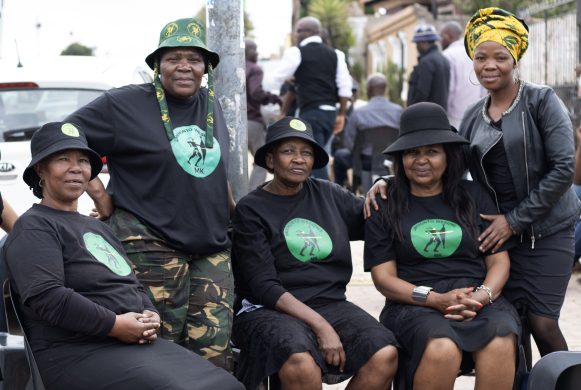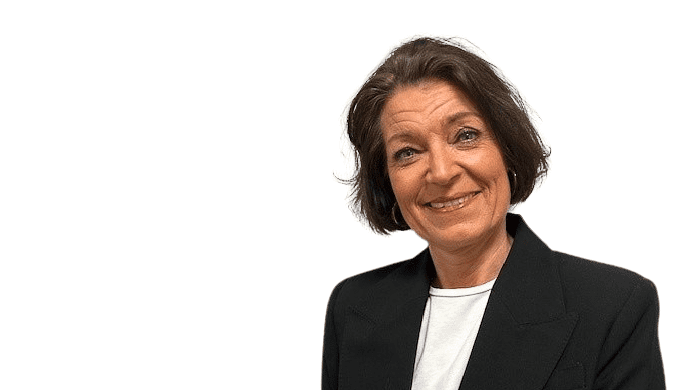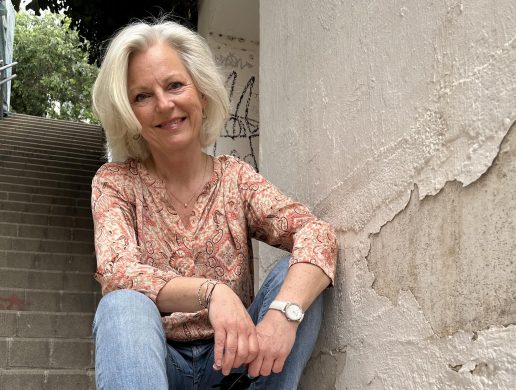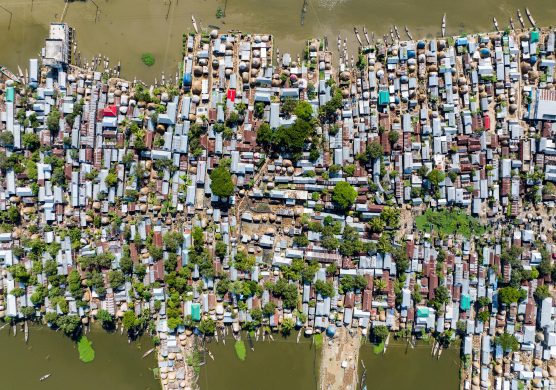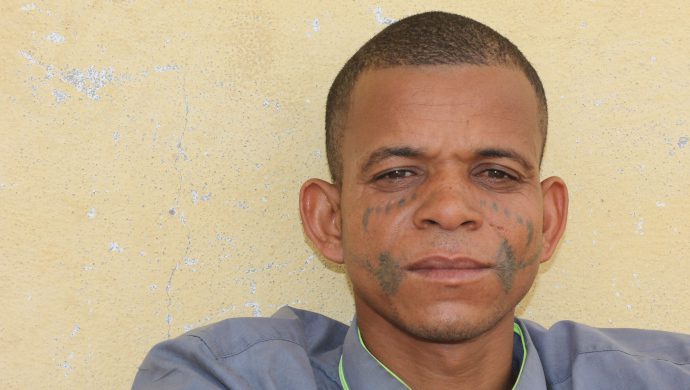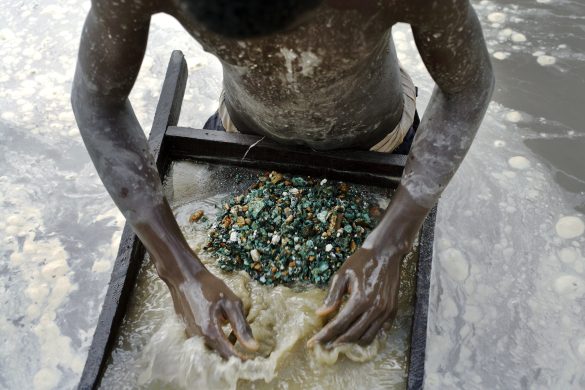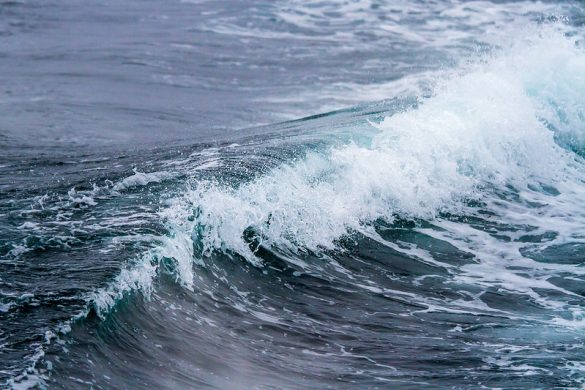FN gør status efter 20 år med fælles standarder for indsatser i tilfælde af orkaner, jordskælv og andre katastrofer. Meget er nået, men meget kan nås.
When Mexico City was hit by a magnitude 8.1 earthquake in 1985, disaster response teams searched the same buildings over and over again.
During search and rescue efforts for the 1986 El Salvador earthquake, two European rescue teams clashed over the appropriate approach.
ET TAG-SELV BORD
Twenty years ago, international search and rescue was “very chaotic indeed”, said Joe Bishop, an emergency management consultant.
– It was a free-for-all, there was no commonality at all… the tools were totally inappropriate for the job, all to the detriment of the affected people, he said.
FORSØG PÅ KOORINERING
That changed with the development of the International Search and Rescue Advisory Group (INSARAG) 20 years ago in December.
– I think there’s still a lot to be done, but we’ve made major inroads since the earthquake in Mexico in 1985, said Bishop.
Jens Kristensen, a UN official who was rescued from the rubble five days after the 12 January 2010 earthquake in Haiti, agreed:
– INSARAG has come a long way in 20 years, he said.
LÆRTE LEKTIER
Nihan Erdogan, a humanitarian affairs officer with the UN Office for the Coordination of Humanitarian Affairs (OCHA) and Haiti United Nations Disaster Assessment and Coordination (UNDAC) team member, said the search and rescue operation in Haiti allowed INSARAG to learn significant lessons.
INSARAG held its first global meeting in Kobe, Japan, in September, linking up 200 participants, 79 countries and eight international organizations. Co-organized by OCHA, the meeting launched celebrations for INSARAG’s 20th anniversary and commemorated the 15th anniversary of the Great Hanshin earthquake in Kobe.
Erdogan believes the main achievement of the meeting was the INSARAG Hyogo Declaration, which was adopted by all participating member states.
The next step, said Erdogan, will be the implementation of “a common understanding and common strategy [which] will make a big difference at the operational level”.
Erdogan suggested the biggest lesson for INSARAG over the years has been to have minimum international standards. Referring to her experiences in Haiti, she said:
– It was challenging to coordinate the USAR operations while teams had completely different opinions and approaches to security measures.
STADIG MANGLER
On 16 December 2002, General Assembly Resolution 57/150 endorsed the establishment of international standards and USAR capacity-building with the aim of improving the efficiency and effectiveness of international search and rescue operations, but a remaining challenge has been the certification of qualified international USAR teams.




